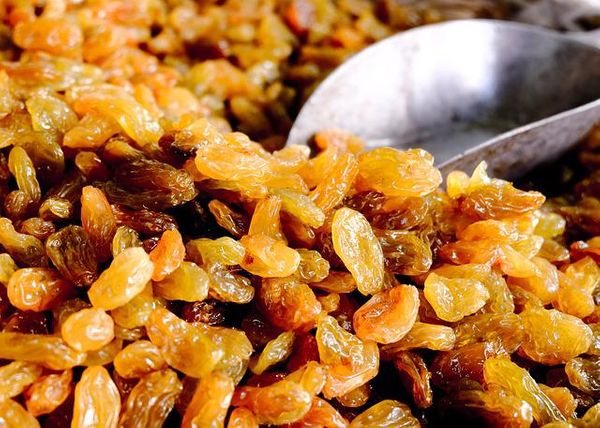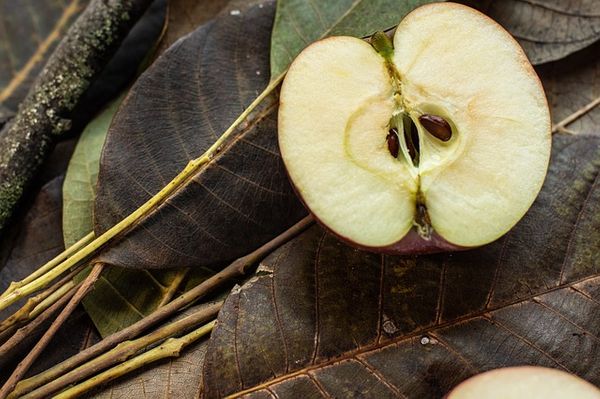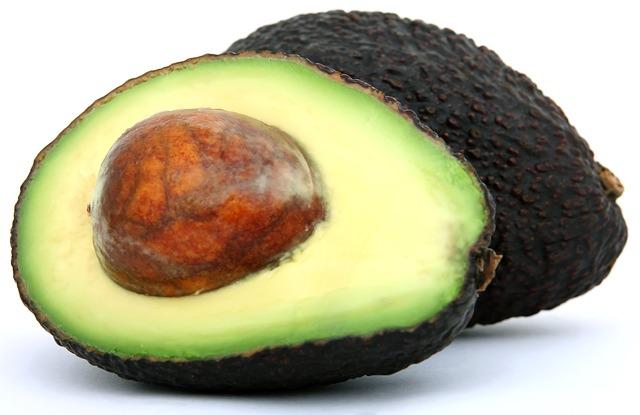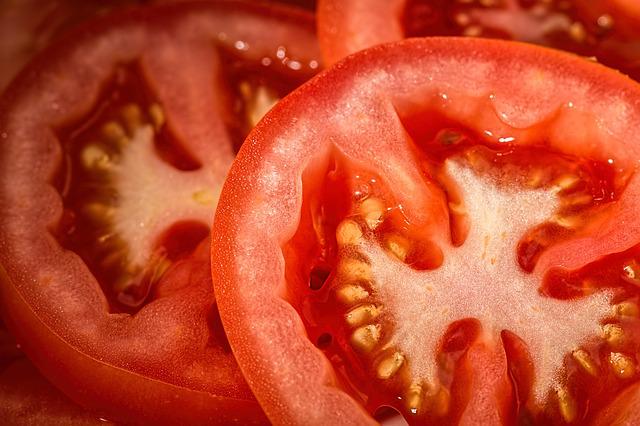If you love your dog, and you want them to live longer than a few years and be healthy throughout their life, then it is essential that you should know what toxic foods for dogs to avoid. There are dangerous substances in food that can be extremely harmful if consumed by dogs. Here, check out the top 10 toxic food for dogs that you shouldn’t feed your dog at all.
Also Read: Common Health Problems of Dogs in Rainy Season
Nuts are a Big No-No for your Dog

Although not all nuts are toxic to dogs, almost all are high in fat. Obesity and pancreatic problems in dogs can result from this. Feeding salted nuts to your dog can cause water retention and other complications, and some nuts, such as almonds, are potential choking hazards. Furthermore, certain nuts, such as macadamia nuts, are extremely toxic to dogs
Chocolate Is One of the Most Toxic Foods for Dogs

Cocoa is found in chocolate, and cocoa contains theobromine. At certain doses, theobromine is toxic to dogs and other animals. Chocolate poisoning is primarily a problem in dogs. Restlessness, excitement, hyperactivity, nervousness, trembling, vomiting, diarrhea, increased drinking and urination, increased heart rate, muscle tremors, seizures, and possibly death are all symptoms of theobromine ingestion.
For the Sake of Your Canine Health, Say No to Garlic and Onion

Garlic and other allium family members, including onions, contain thiosulfate, which is toxic to dogs but not humans. Thiosulfate damages red blood cells through oxidative stress, resulting in hemolytic anemia. Pale mucous membranes, rapid breathing, lethargy, weakness, jaundice, and dark urine are all symptoms of anemia. Garlic toxicity causes gastrointestinal symptoms such as vomiting, diarrhea, loss of appetite, abdominal pain, depression, and dehydration.
Grapes and Raisins Can Be Fatal

Some dogs may be poisoned by raisins and grapes. Their toxicity in dogs can result in acute kidney injury (the sudden development of kidney failure) and anuria (a lack of urine production). Ingestion of raisins and grapes can be fatal, but the mechanism of toxicity is still unknown.
Raw Eggs

If a dog consumes a salmonella-contaminated egg, they may develop Salmonellosis. Salmonellosis symptoms include fever, vomiting, diarrhea, and lethargy. Because egg whites contain avidin, an enzyme that prevents biotin absorption in the body, feeding raw eggs can result in biotin deficiency. Biotin deficiency is uncommon in dogs, but it can occur. It’s also possible that your dog will develop an egg allergy. Sneezing, swelling, hives, difficulty breathing, lethargy, or coughing are all signs of an allergic reaction in your dog.
If you intend to feed raw eggs to your dog, consult with your veterinarian first.
Alcohol and Caffeine Should Not at all be Fed to Your Canine, even by-mistake
Alcohol affects dogs in the same way that humans do, and the effects are often mild. You should, however, contact your veterinarian. Alcohol consumption can lead to:

- Depression or sluggishness
- Incoordination
- Drooling
- Weakness due to vomiting or retching
- Collapse
- Reduced respiratory rate
- Hypoglycemia (low blood sugar)
- Hypotension (low blood pressure)
- Hypothermia (decreased body temperature)
Caffeine sensitivity is higher in dogs than in humans. Because coffee grounds contain a higher concentration of caffeine, feeding them to your dog could result in serious poisoning. Some of the symptoms that can be seen in dogs are:

- Agitation
- Restlessness
- Vomiting
- Panting
- Increased heart rate
- High blood pressure
- Heart rhythm irregularities
- Hyperthermia (high body temperature)
Collapse, tremors, and seizures are all possible in severe cases. Caffeine poisoning can kill your dog, but the lethal dose varies depending on the size of your dog.
Xylitol

Sugarless gum may contain xylitol, a sweetener classified as sugar alcohol. Xylitol is found in many human products and foods, but it can be extremely harmful to your pet.
Xylitol is also used in baked goods such as cakes, muffins, and pies, usually when another sweetener is substituted for sugar. Xylitol does not stimulate the release of insulin from the pancreas in humans. Canines, on the other hand, have a different situation: When dogs consume xylitol, the xylitol is rapidly absorbed into the bloodstream, potentially resulting in a powerful release of insulin from the pancreas.
Vomiting is one of the first symptoms of xylitol poisoning in dogs, followed by symptoms associated with a sudden drop in your dog’s blood sugar, such as decreased activity, weakness, staggering, incoordination, collapse, and seizures.
If you suspect your dog has consumed xylitol, take him to your veterinarian or an emergency animal hospital right away.
Ensure Your Dogs Don’t Consume Fruit Seeds

Apple seeds and pits from cherries, plums, peaches, and nectarines are examples. Aside from the obvious choking hazard, dogs should avoid eating fruit pits and seeds because they can cause bowel and intestinal obstruction. They also contain cyanide poison. Without treatment, death or cardiac arrest can occur within two to four days of ingestion.
Wild Mushrooms
Wild mushroom poisoning is an underreported cause of fatal poisoning in pets, and acting quickly in the event of a suspected mushroom snack is the best thing you can do for your dog in these circumstances. Symptoms of mushroom poisoning are:

- Vomiting
- Diarrhea
- Salivation\s Weakness
- Lethargy
- Ataxia (staggering gait)
- Coma
- Seizures
- Failure of the liver
- Jaundice
- Death from abdominal pain
Certain Fruits that are Toxic to Dogs
Avocado

While avocado is a healthy snack for dog owners, it should never be fed to dogs. Avocado pits, skin, and leaves contain person, a toxin that frequently causes vomiting and diarrhea in dogs.
Cherry

Cherry plants, with the exception of the fleshy part around the seed, contain cyanide and are toxic to dogs. Because cyanide disrupts cellular oxygen transport, your dog’s blood cells are deprived of oxygen. If your dog consumes cherries, look for dilated pupils, difficulty breathing, and red gums as signs of cyanide poisoning.
Tomatoes

While ripened tomato fruit is generally considered safe for dogs, the plant’s green parts contain a toxic substance called solanine. While a dog would have to consume a large amount of tomato plant to become ill.





